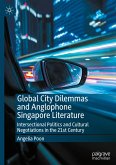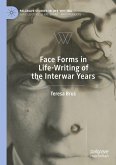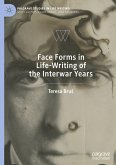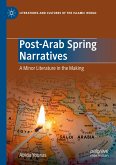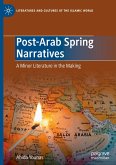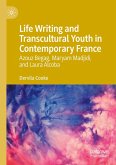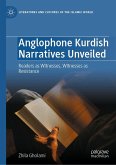This book moves the field of study of Arab women s writing on from the Anglophone preoccupation with the bravery that it takes to put pen to paper, and instead focuses on what the pen actually does. This book shows that Arab women writers innovate and utilise Gothic forms to live with the ghosts of foremothers, who represent lost knowledges about violence and feminised heritage. Examining contemporary Arab women s writing from the 1970s to the present through the lens of world-literary systems and feminist theory, this book details aesthetic patterns between decades, nations, and authors. The works of canonical Arab feminist authors such as Nawal El Saadawi and Hanan Al-Shaykh are put in conversation with those of contemporary authors such as Adania Shibli, Joumana Haddad, and Mansoura Ez Eldin. These works are linked through their creative feminist theorisations of loss and living.
Bitte wählen Sie Ihr Anliegen aus.
Rechnungen
Retourenschein anfordern
Bestellstatus
Storno


